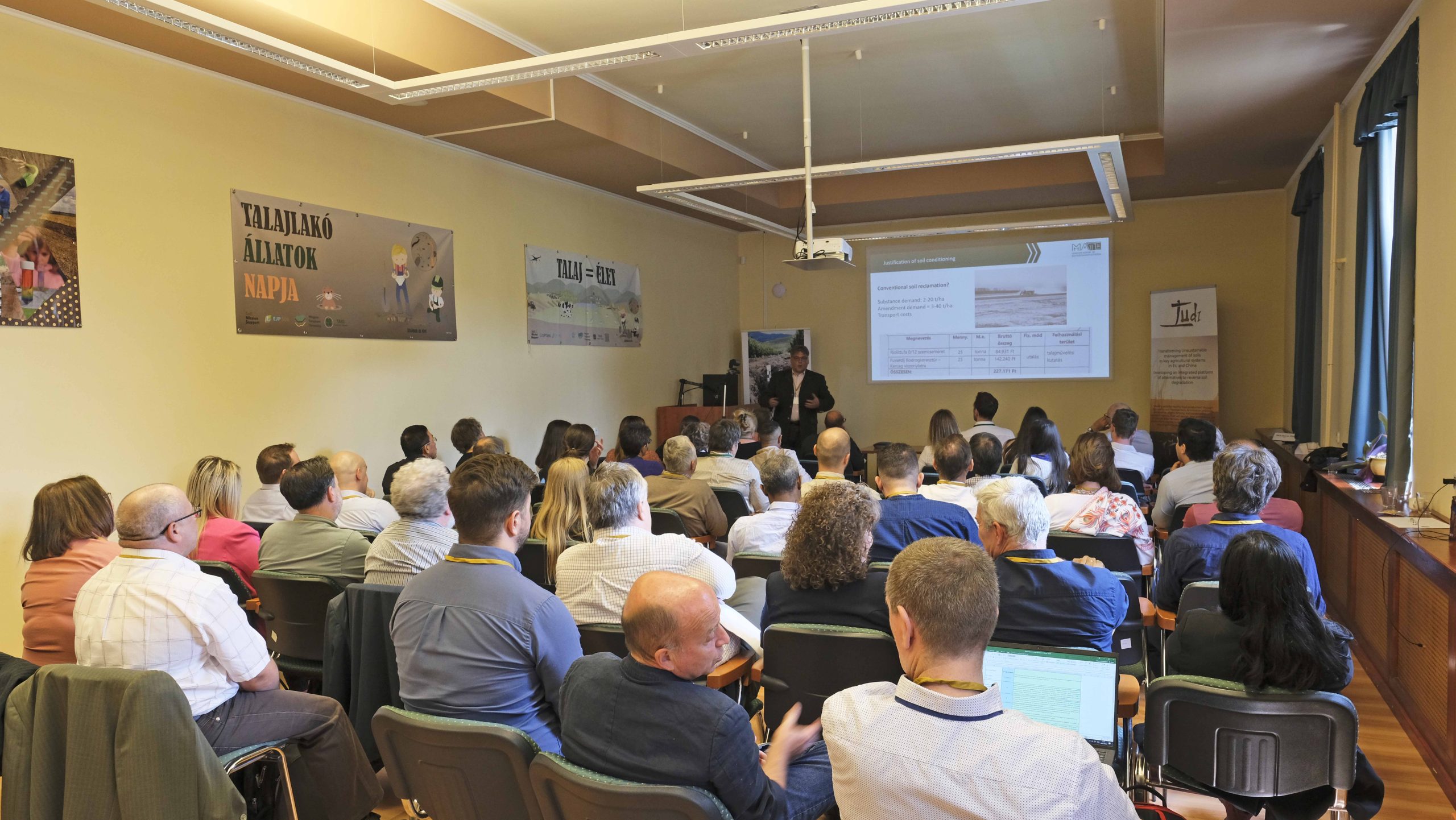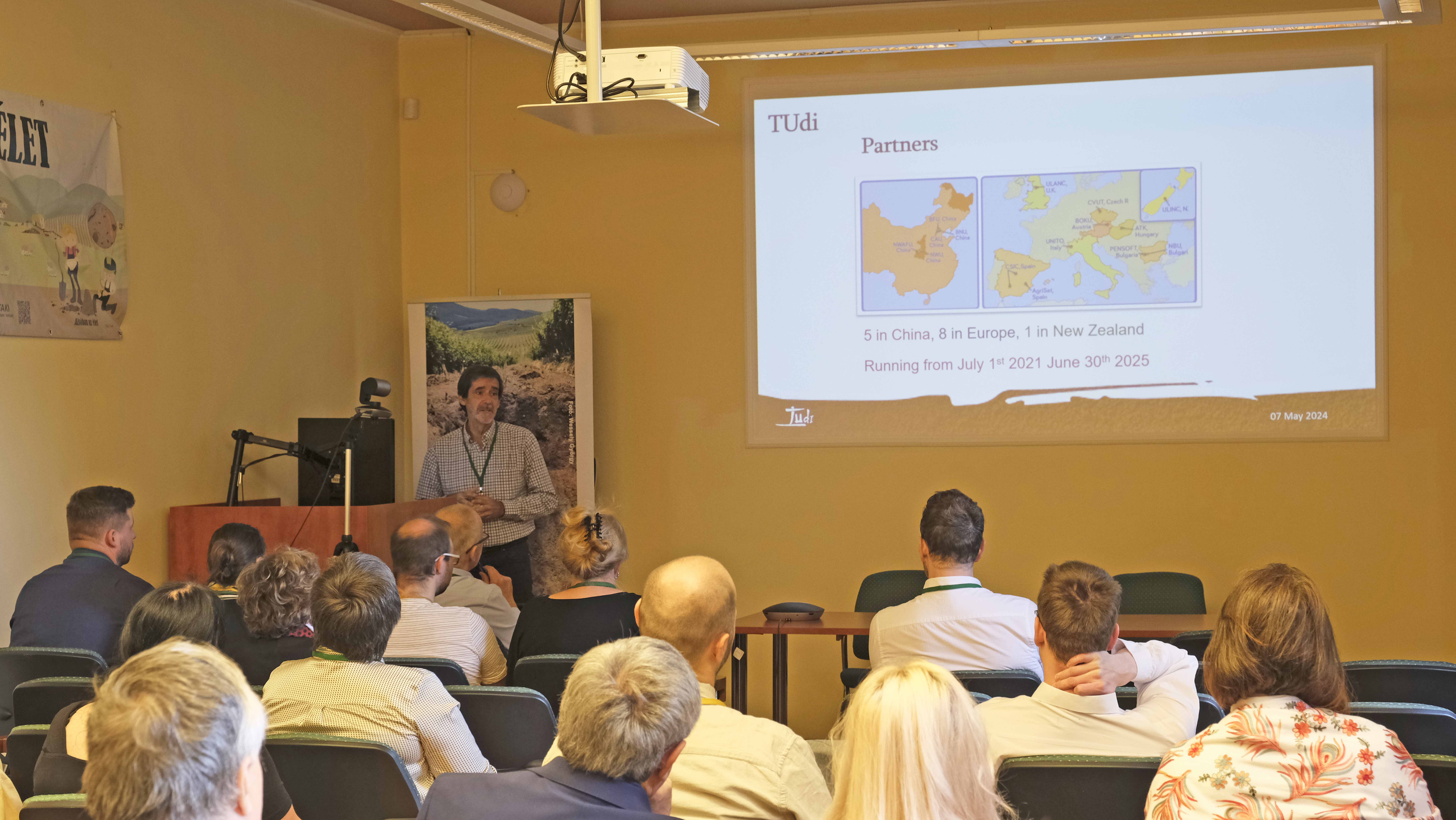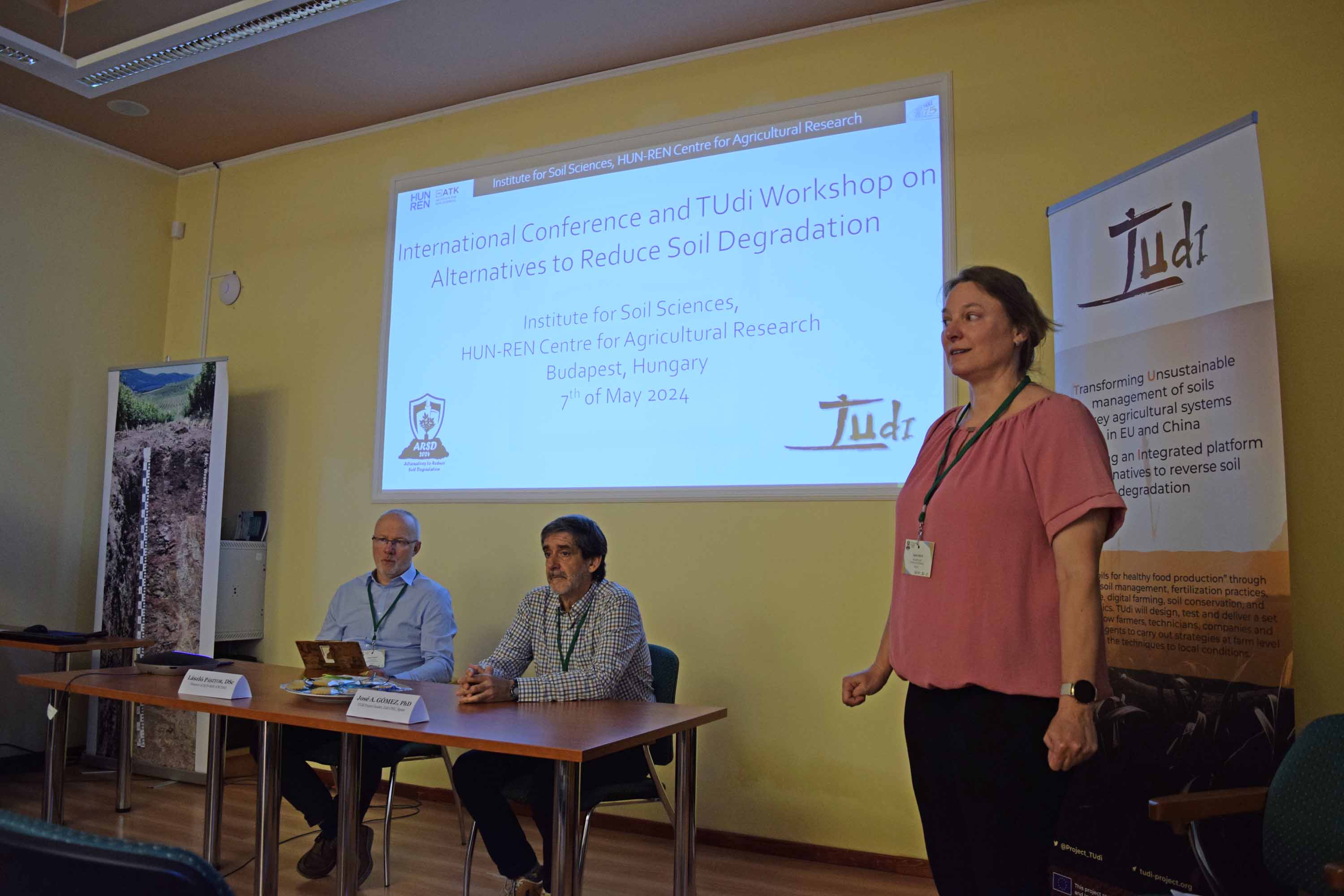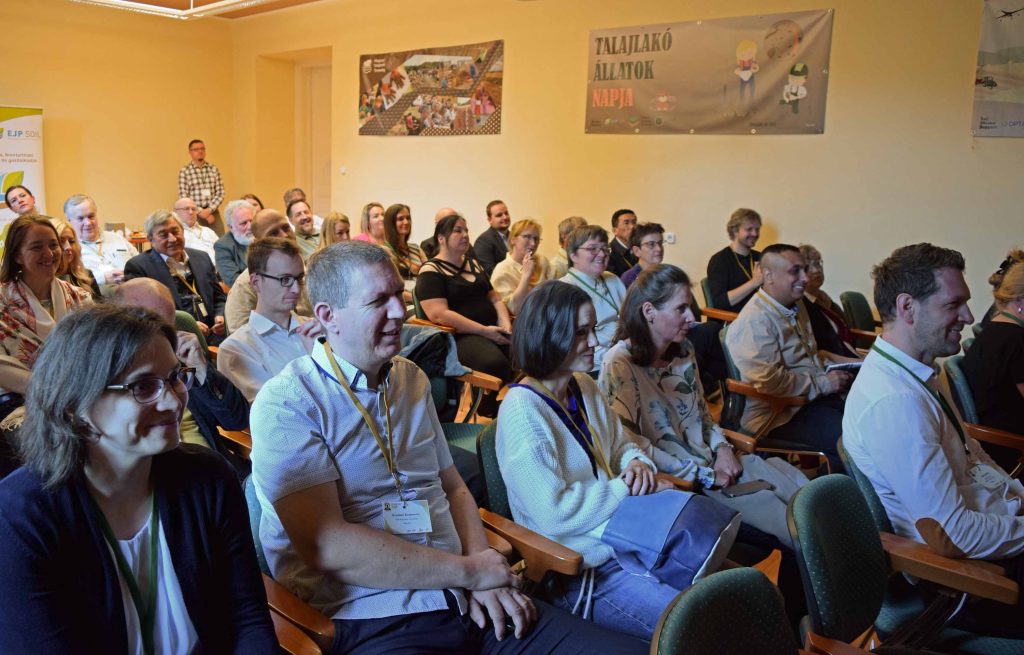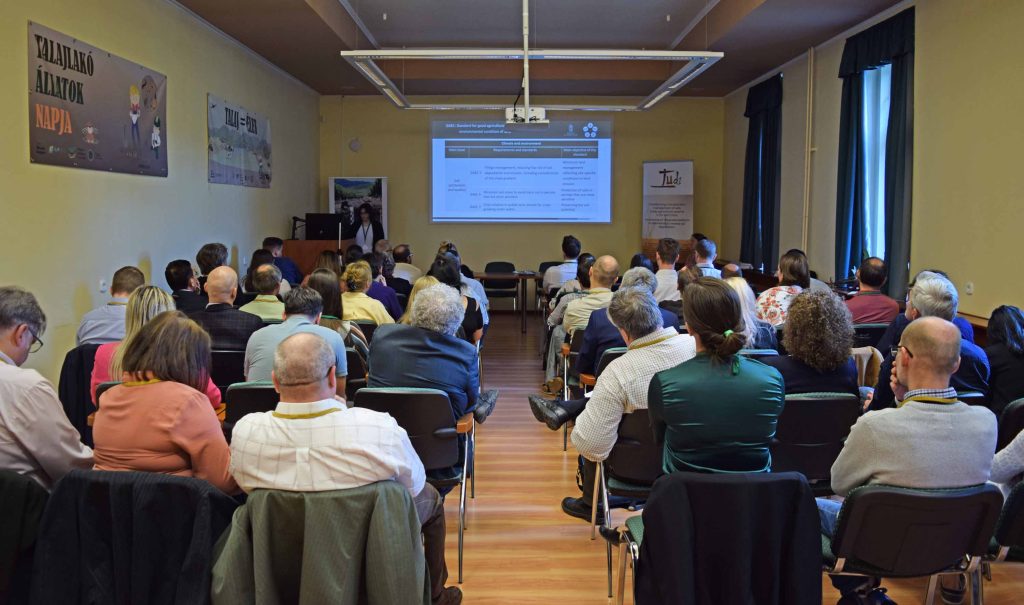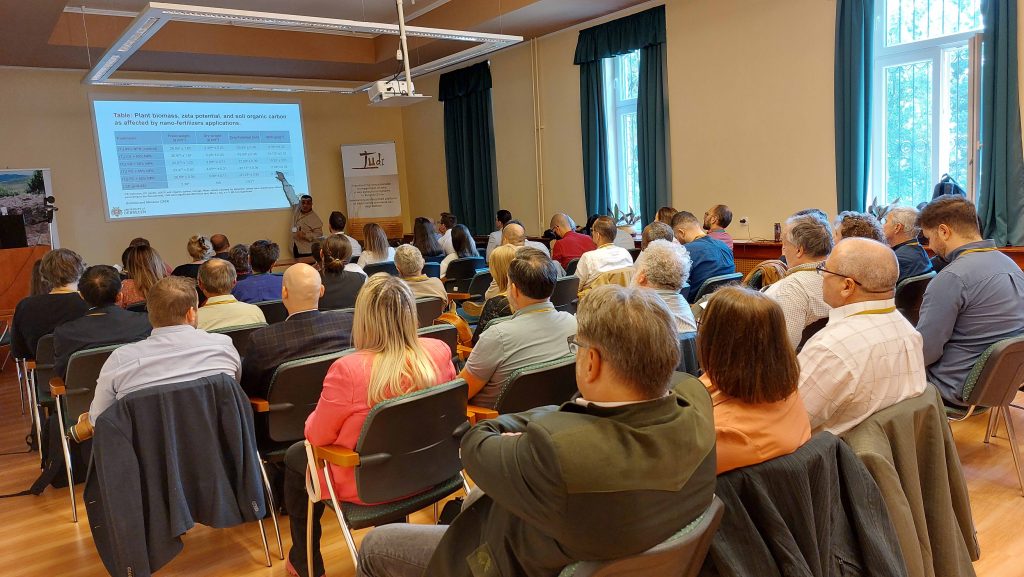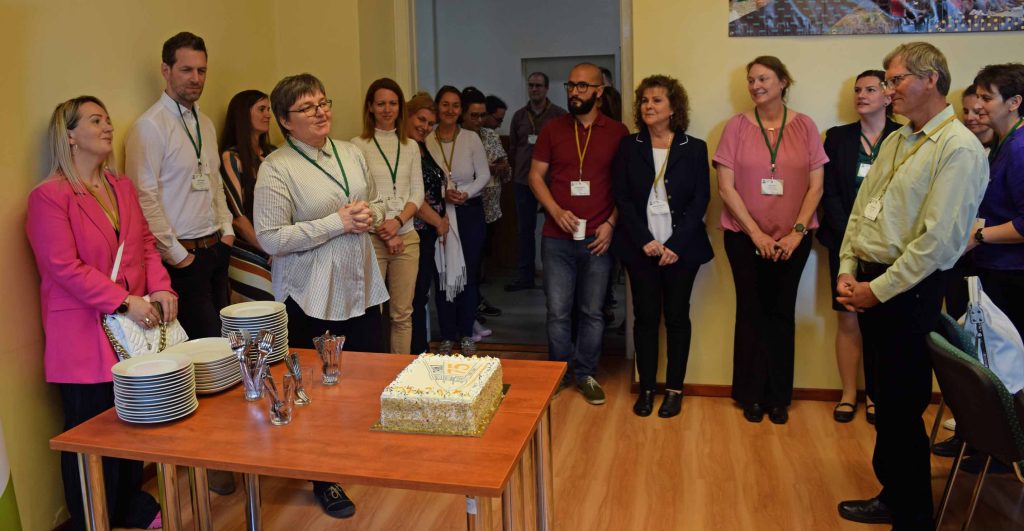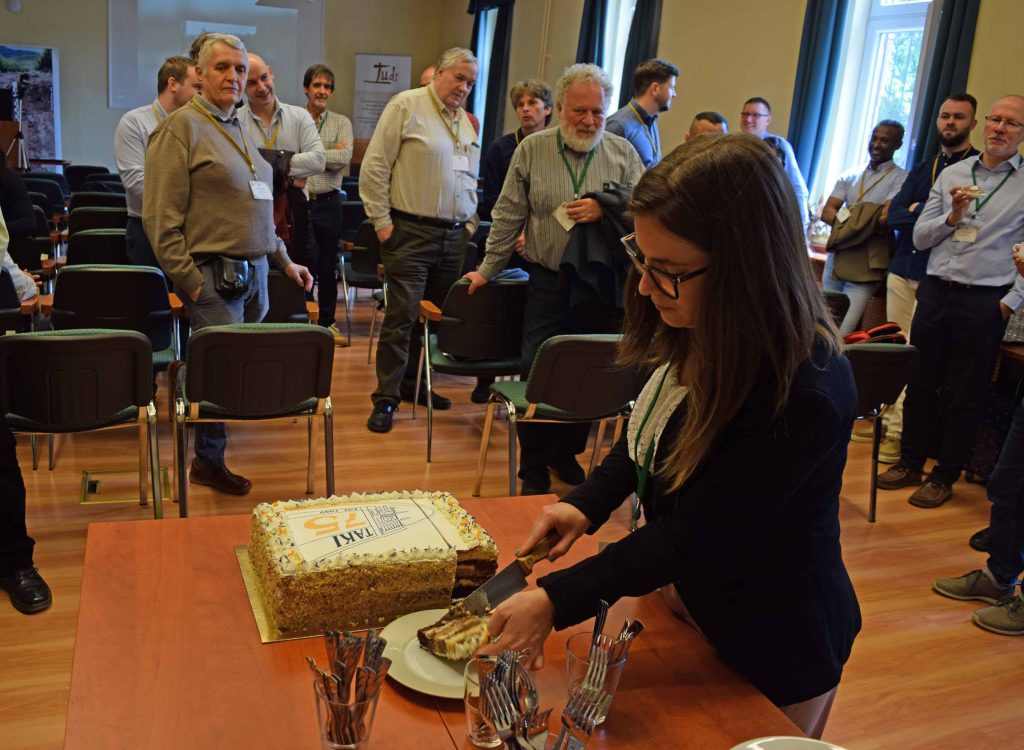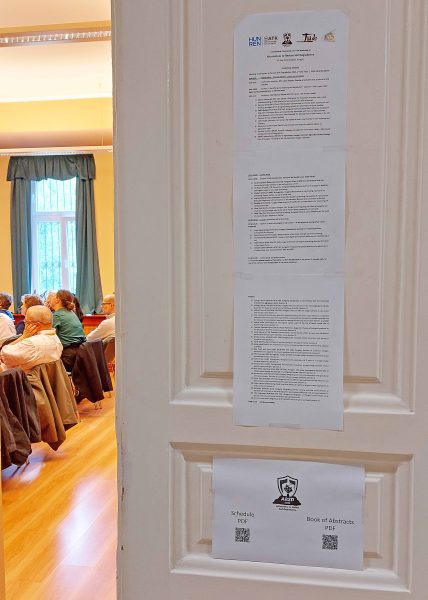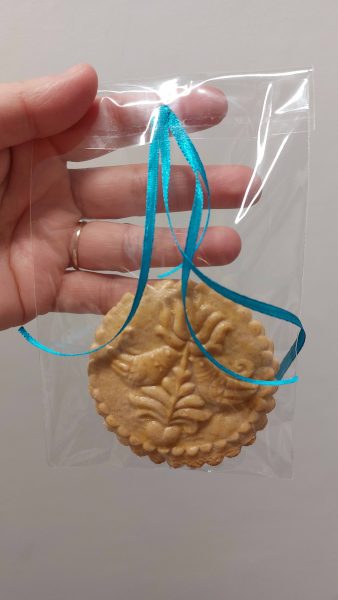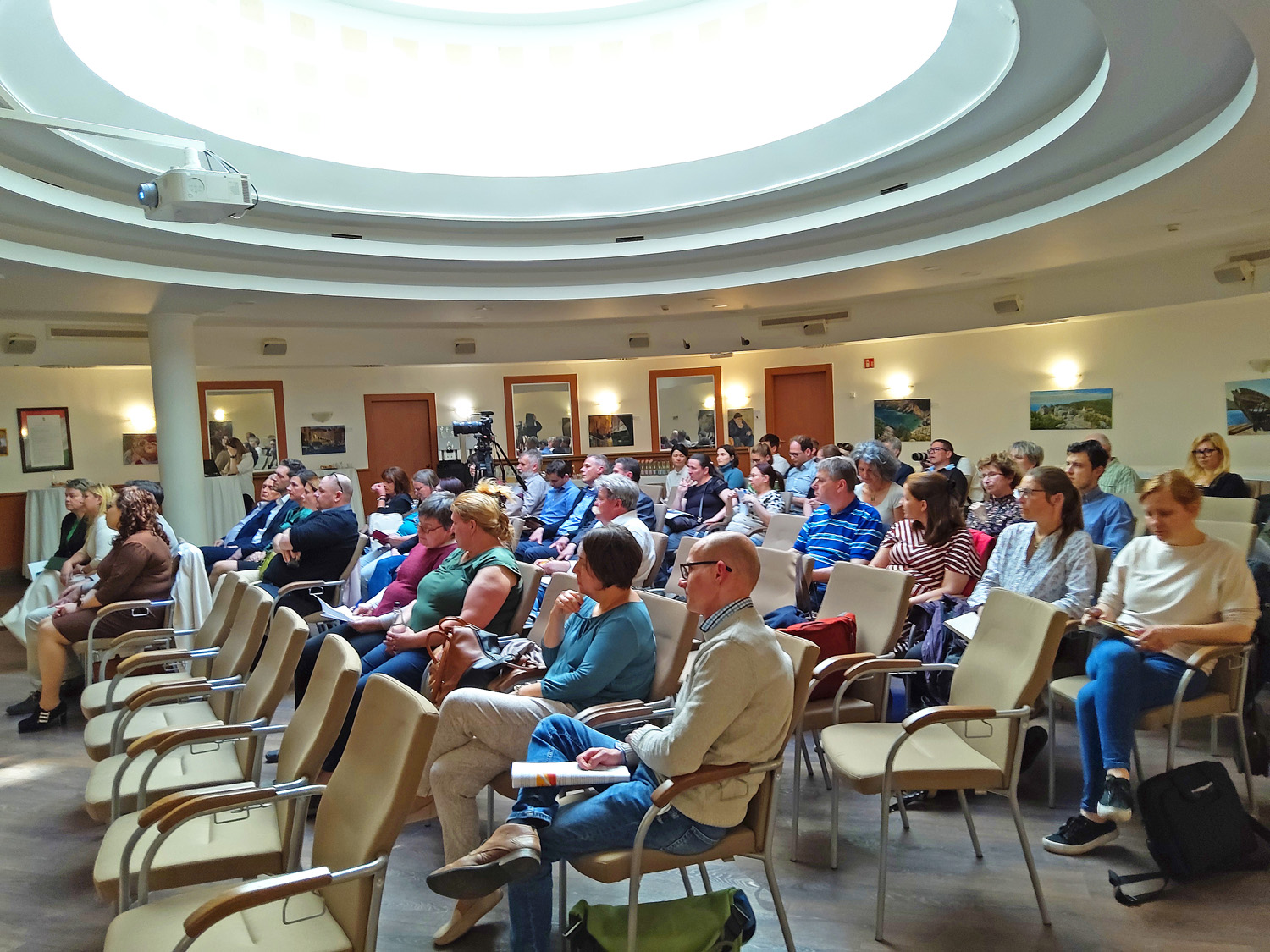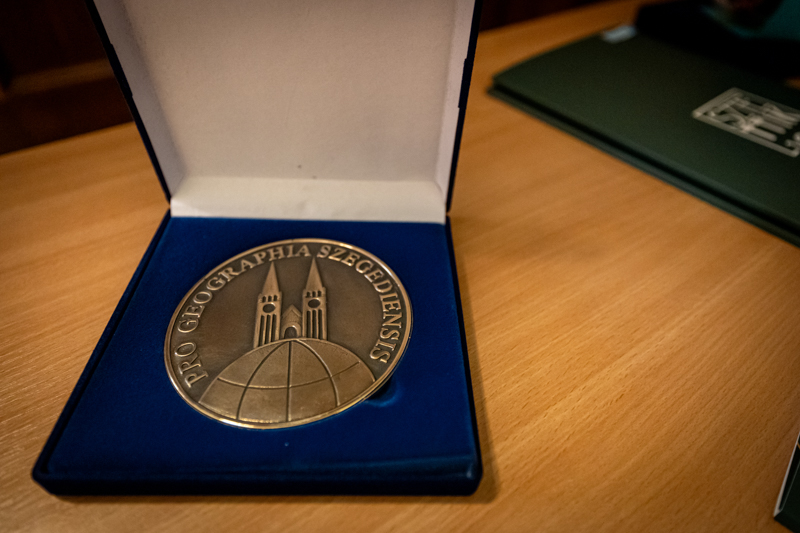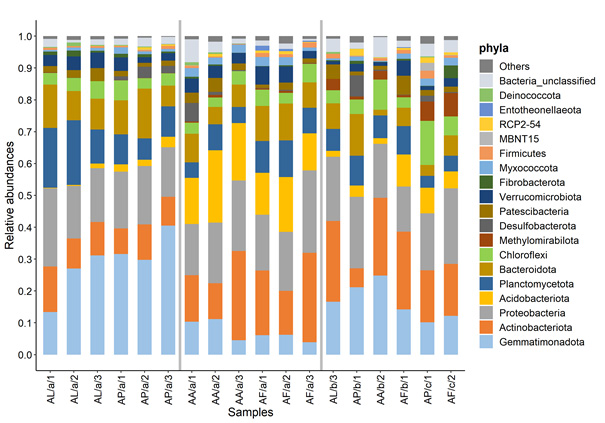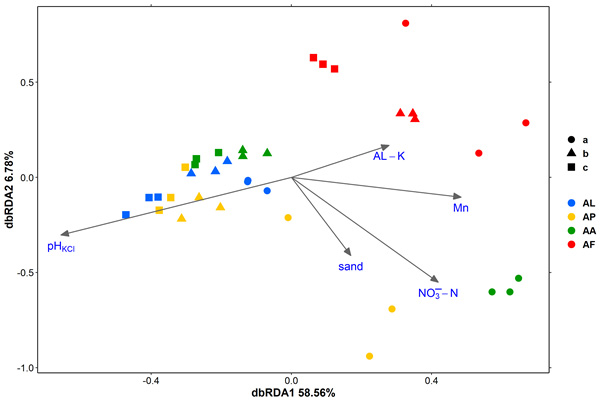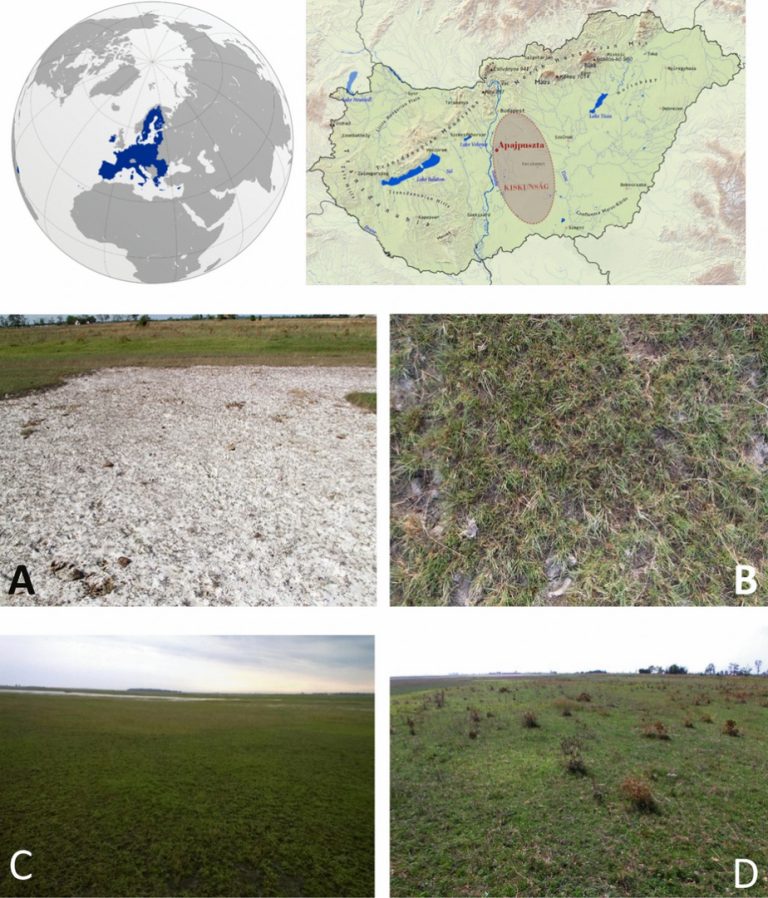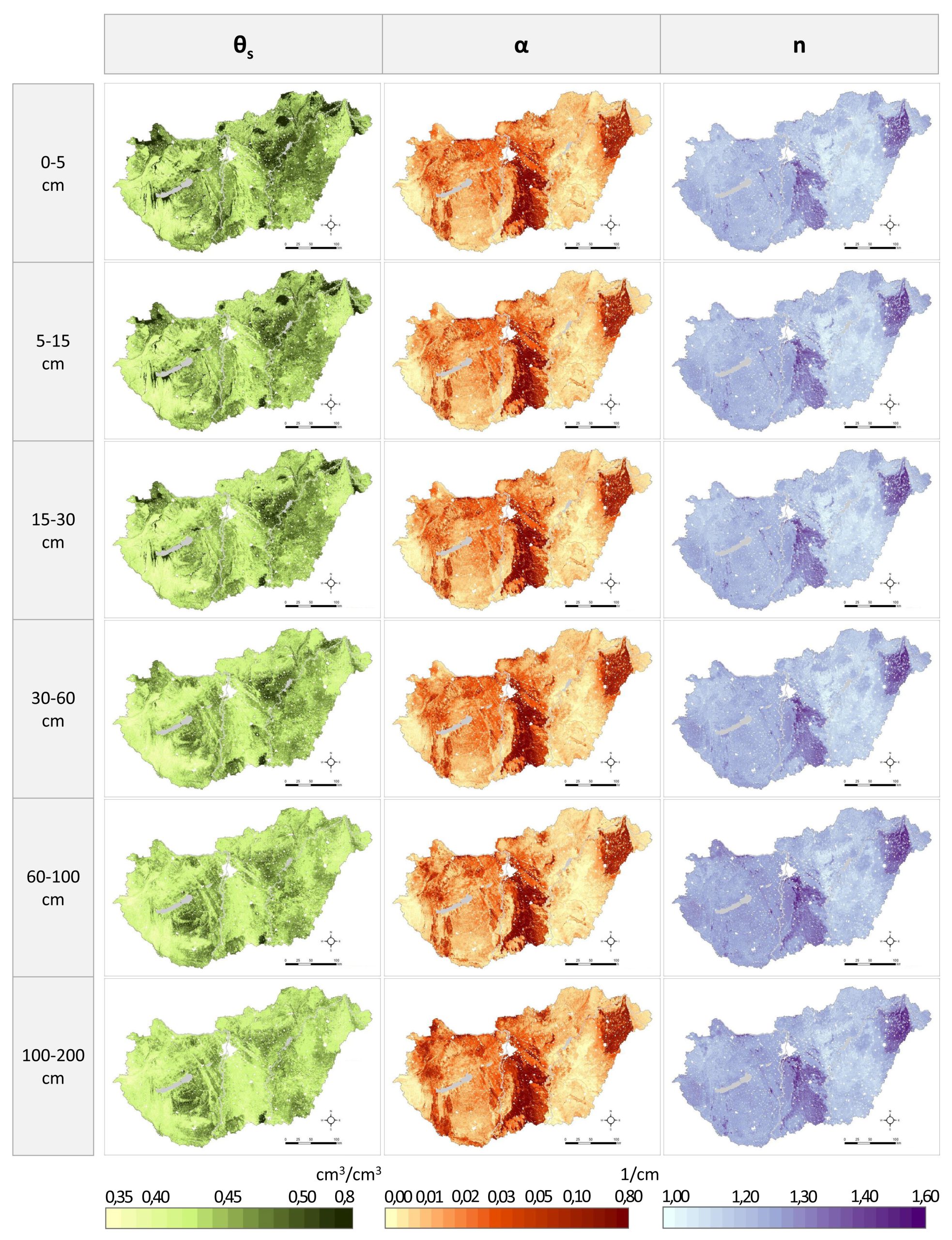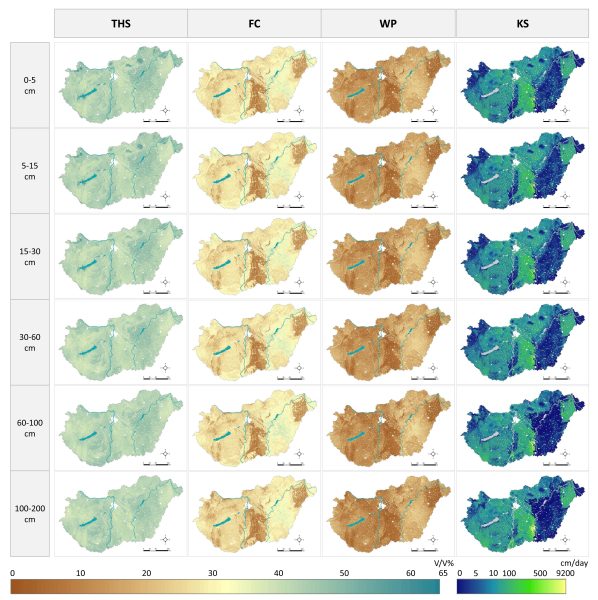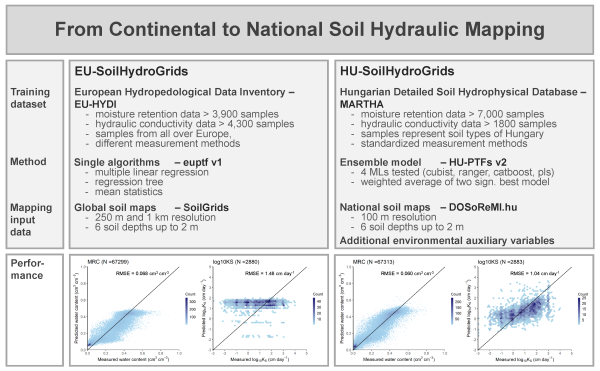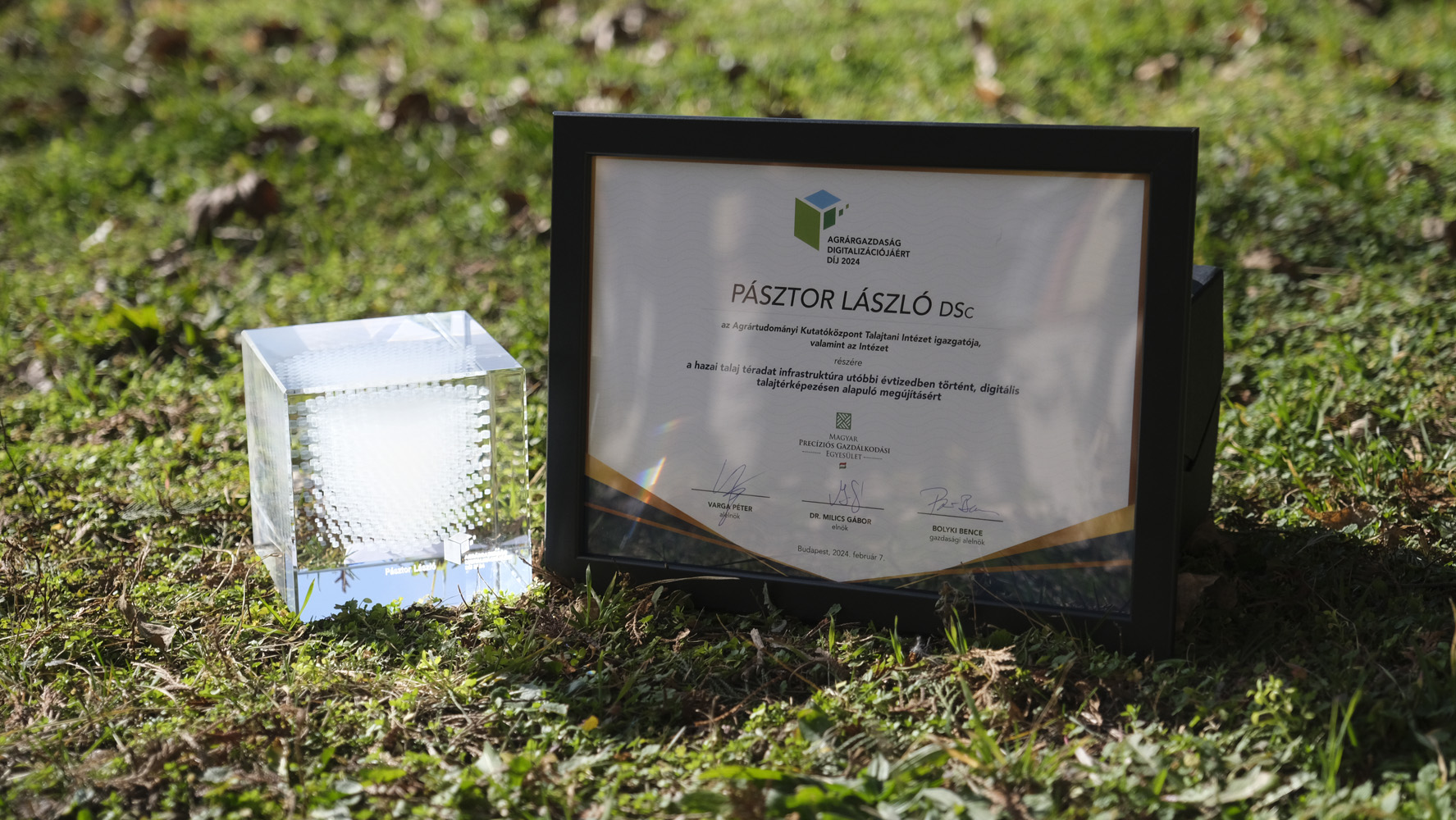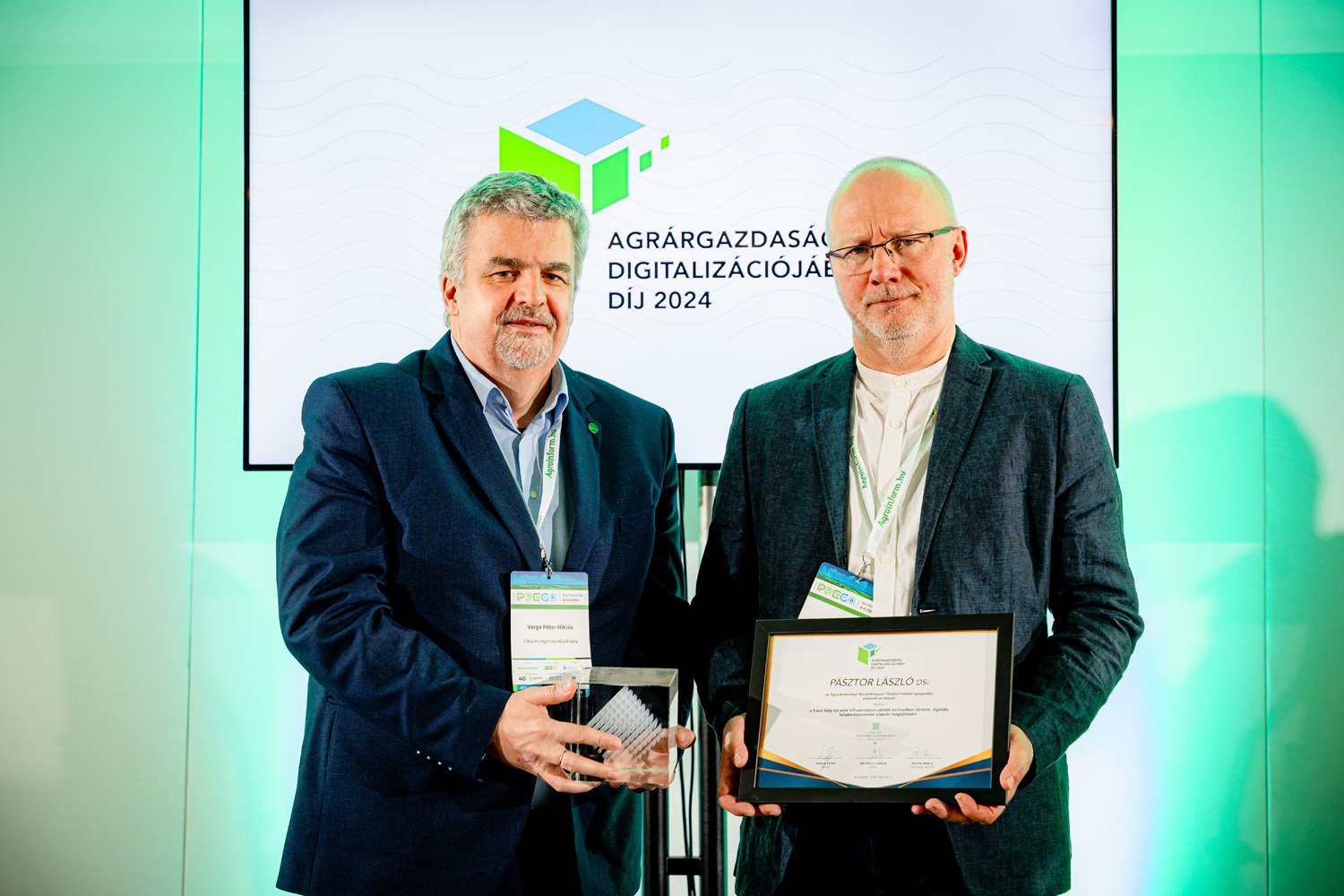IfSS (TAKI)
International Conference and Workshop on Alternatives to Reduce Soil Degradation – ARSD2024 – 1st ANNOUNCEMENT
Special conference theme: The main focus of the conference will be on soil conditioning and how to improve soil quality in practice.
Key topics:
- Application of effective measures to mitigate the negative impacts of soil degradation processes.
- Soil amendments and soil conditioner (incl. fertilization and inhibitor treatment): their potential benefits to meet the demands of improving yields without compromising the environment.
- Soil and plant health monitoring for more sustainable agriculture practices.
- Proximal and remote sensing as complementary tools for studying changes in soil processes.
Conference participation is free of charge but registration is required.
Download 1st announcement in PDF
Registration and abstract submission: Open from 25 March 2024 (more details in the 2nd announcement)
We look forward to seeing you at our event!
Organizing Committee of ARSD2024
